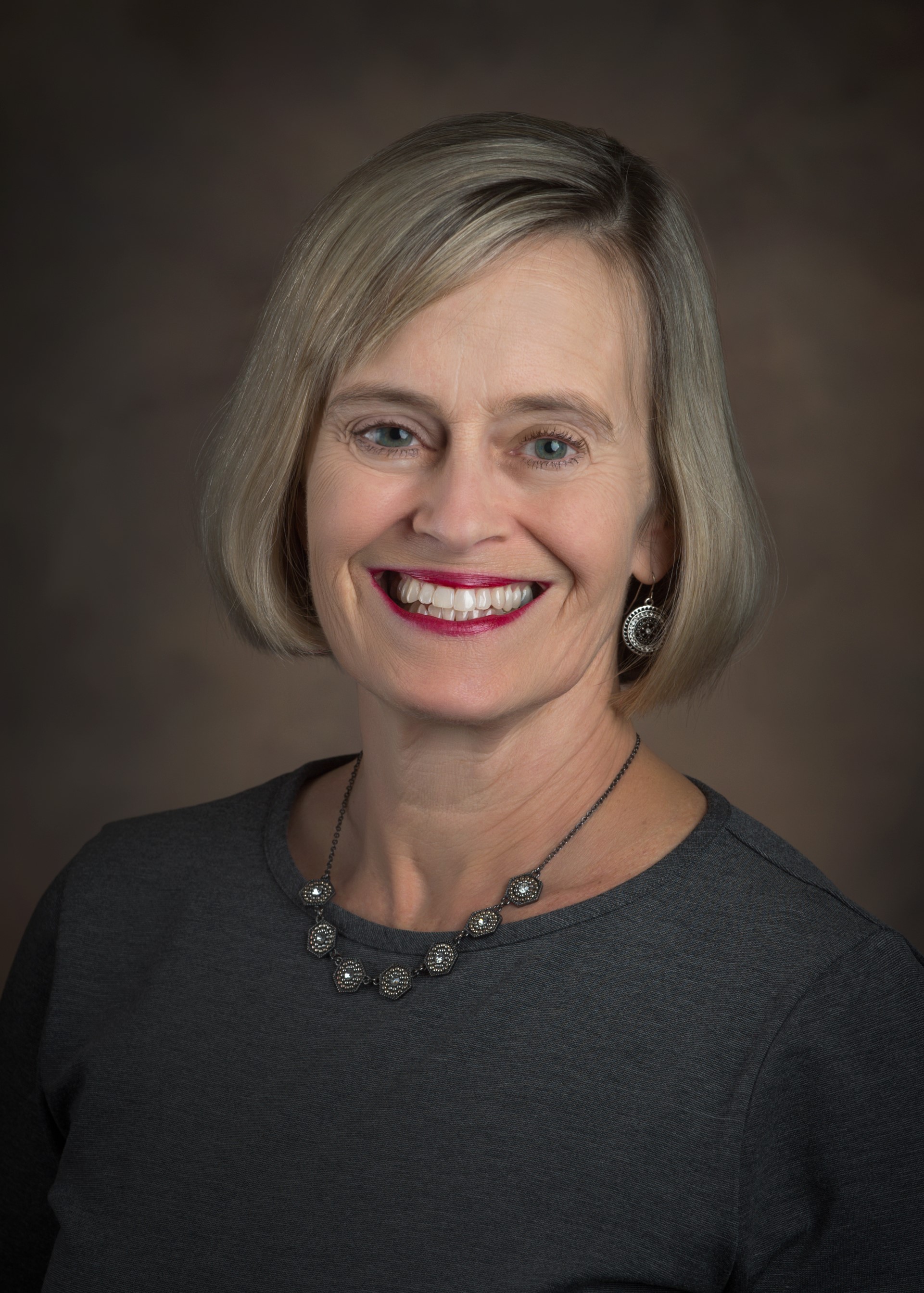Advanced Practice Providers – Expanding Much-Needed Access to Primary and Specialty Care
- Category: News
- Posted On:

by Sally Dowling, MD
According to many sources, the U.S. will continue to experience a significant shortfall of primary care providers over the next decade. This is due to a number of factors, including a medical education system that’s not keeping up with demand, large-scale retirement of an aging physician workforce and the increasing medical needs of baby boomers, currently the second largest generation, as they reach their 70s and beyond.
The shortage is felt even more intensely on rural Delmarva, where several counties have been federally designated as medically underserved for decades.
Atlantic General Hospital and Health System continues to recruit both primary care providers and needed specialists as part of our mission-driven work to improve the health of the communities we serve.
Part of this strategy includes attracting talented nurse practitioners and physician assistants to our growing medical staff. These advanced practice providers (APPs) have come to play a critical national role in providing timely access to high-quality care alongside their physician counterparts.
Both nurse practitioners and physician assistants receive comprehensive medical education after earning their bachelor’s degree and undergo rigorous clinical training. They examine, diagnose and treat patients in primary care and a variety of medical specialties. APPs can order and interpret tests, develop a plan of care, and write prescriptions for needed medication.
A nurse practitioner earns a bachelor’s degree in nursing, followed by a master’s or doctoral degree program to obtain their nurse practitioner degree. This education includes hands-on clinical rotations in various primary care and/or specialty settings – they can be inpatient and outpatient. In 21 states, including Maryland and Delaware, nurse practitioners can practice medicine independently – meaning, they do not need physician supervision. In Virginia, nurse practitioners can practice independently, provided they have at least three years of clinical experience.
A physician assistant must obtain a bachelor’s degree, followed by a master’s degree program that includes hand-on experience during more than 2,000 hours of clinical rotations, to receive their physician assistant degree. Physician assistants currently require the supervision of a physician in Maryland, Delaware and Virginia.
If you need a primary care provider, you should consider APPs when making your decision. If you have questions regarding education and experience, feel free to ask. They are more than willing to answer your questions so you can make an informed choice.
Chances are, you will be able to find an APP whose bedside manner and care style are just what you’re looking for. And, you might just get in to be seen sooner.
---------------
Sally Dowling, MD cares for patients at Atlantic General Primary Care, in Selbyville, Delaware, and services as the vice president of medical affairs for Atlantic General Hospital and Health System. For additional information about the education and training advanced practice providers receive, visit the American Association of Nurse Practitioners at www.aanp.org or the American Academy of Physician Associates at www.aapa.org. For a list of providers accepting new patients, visit www.agh.care/APP.
and services as the vice president of medical affairs for Atlantic General Hospital and Health System. For additional information about the education and training advanced practice providers receive, visit the American Association of Nurse Practitioners at www.aanp.org or the American Academy of Physician Associates at www.aapa.org. For a list of providers accepting new patients, visit www.agh.care/APP.
.png)
.png)
